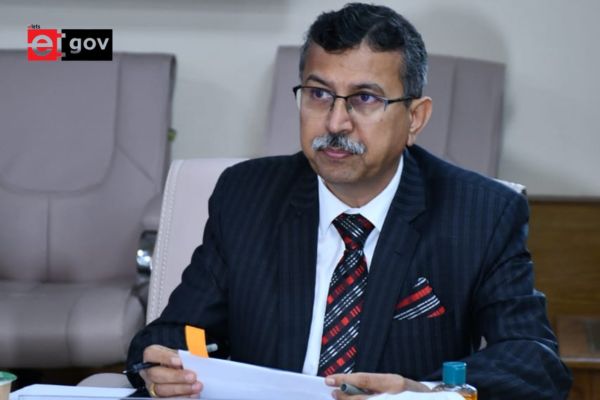
In a significant move to strengthen fire safety regulations, the Chandigarh Municipal Corporation (MC) has proposed the adoption of a new Act aimed at bringing a larger number of buildings under mandatory fire safety norms. Currently, the city follows the Delhi Fire Prevention and Fire Safety Act, 1986, which requires fire safety certificates (FSC) only for buildings taller than 15 metres. However, with the Delhi government itself having replaced this legislation with the Delhi Fire Service Act, 2007, Chandigarh authorities now seek a more contemporary framework.
Recognising the limitations of the existing law, particularly for a city like Chandigarh with numerous heritage structures, the MC plans to lower the threshold for mandatory fire safety compliance. Under the new proposal, buildings with a height of 9 metres or above will be required to obtain fire safety clearances. This proposal is expected to be discussed during the upcoming general house meeting scheduled for April 30.
After a comprehensive review of fire safety legislations in neighbouring states such as Punjab and Haryana, the MC’s committee recommended adopting the Haryana Fire and Emergency Service Act, 2022, through an extension specific to Chandigarh. This approach is seen as a way to tailor fire safety requirements to the city’s unique architectural and cultural landscape, while ensuring enhanced protection for occupants.

According to the proposed changes, fire safety certificates or no-objection certificates (NOCs) will become mandatory not only for high-rise buildings but also for a wider range of structures. These include special buildings such as hotels, business centres, industrial units, storage facilities, hazardous premises, and mixed-use buildings where the floor area exceeds 200 square metres on any level. Residential buildings up to a height of 16.5 metres, however, are expected to be exempt.
Educational and institutional buildings taller than 9 metres, as well as assembly buildings with an incidental assembly area of more than 300 square metres on any floor, will also fall under the new requirements. Additionally, buildings with two or more basements—or a single basement exceeding 100 square metres—must secure fire safety clearances unless specifically exempted.

Significantly, for the first time, the proposed Act will empower the Chief Fire Officer and other authorised officials to seize goods or objects that could impede firefighting operations or pose a fire hazard. Stringent penalties are being proposed to enforce compliance, including imprisonment for up to three months, fines up to ₹50,000, or both.
The existing fire safety framework in Chandigarh also incorporates standards from the National Building Code (NBC) of India, which prescribes fire safety measures such as fire extinguishers on all floors, automatic sprinkler systems, unobstructed escape routes, natural ventilation and lighting, and flame-resistant furniture materials. The NBC mandates fire safety certificates for residential buildings housing more than 20 individuals.
However, officials note that applying NBC norms to Chandigarh’s heritage buildings presents significant challenges. Many of these structures cannot be easily modified to incorporate modern fire safety installations without compromising their historic value. As a result, a substantial number of important buildings—including those at the Post Graduate Institute of Medical Education and Research (PGIMER), Panjab University, the UT Secretariat, and the police headquarters—currently lack fire safety certificates, potentially endangering thousands of occupants.
Addressing these concerns, MC officials emphasised that while the essential requirements for NOCs as per the NBC will largely remain unchanged, efforts are being made to introduce certain relaxations for heritage structures. Moreover, the proposed legislation will grant the UT Administrator the authority to frame specific rules as needed through official notifications.
Be a part of Elets Collaborative Initiatives. Join Us for Upcoming Events and explore business opportunities. Like us on Facebook , connect with us on LinkedIn and follow us on Twitter, Instagram.
"Exciting news! Elets technomedia is now on WhatsApp Channels Subscribe today by clicking the link and stay updated with the latest insights!" Click here!













